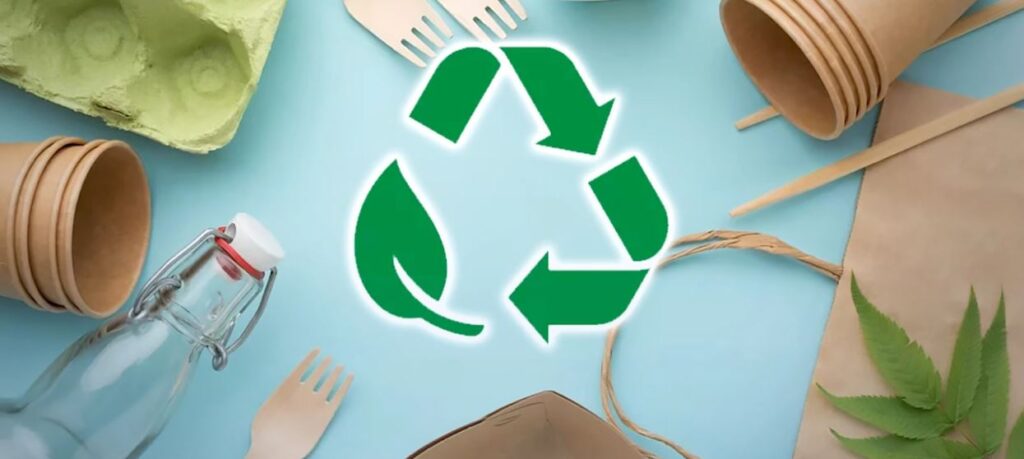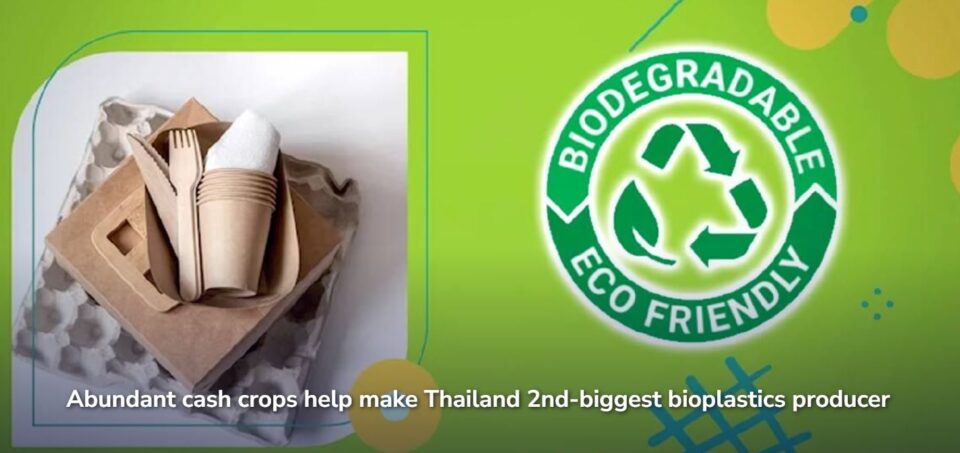The declaration was made on Monday and was based on data from the Thai Bioplastics Industry Association, according to government spokesman Anucha Burapachaisri.
Due to the abundance of cash crops like sugarcane and cassava, according to Anucha, Thailand is rapidly catching up to the US and plans to increase its annual capacity to 170,000 tonnes soon.

He claimed that out of the 95,000 tonnes now produced, 90% are exported and the remainder are sold locally.
In addition to being considered as a replacement for single-use plastics, bioplastics also increase the value of Thailand’s agriculture sector and lower carbon emissions.
The Bio-Circular-Green (BCG) economy model, which has been integrated into the national agenda, includes Thailand’s bioeconomy.
With minimal to no environmental impact, this BCG strategy “helps businesses increase the value of their products,” according to Anucha.
Thailand is the second-largest producer of bioplastics thanks to its plentiful cash crops.
He continued by saying that the government had praised associated industries for employing sustainable and environmentally friendly production methods to raise Thailand’s commercial sector to a global level.
“Plastic and Rubber Thailand 2023,” an international expo to be held in Thailand, will center on the move toward sustainability. The expo will be held from May 10 to 13 at the Bangkok International Trade & Exhibition Centre.




